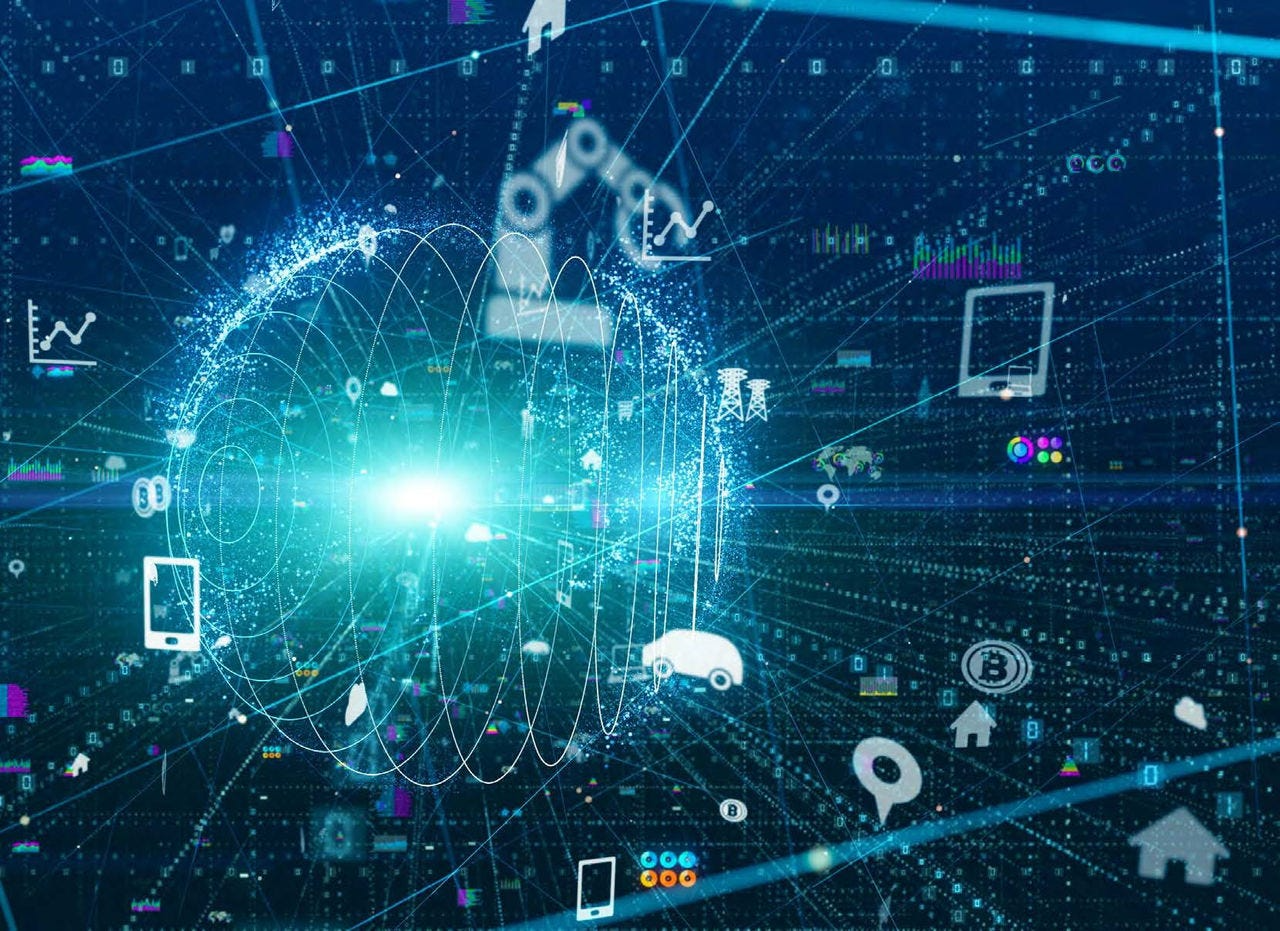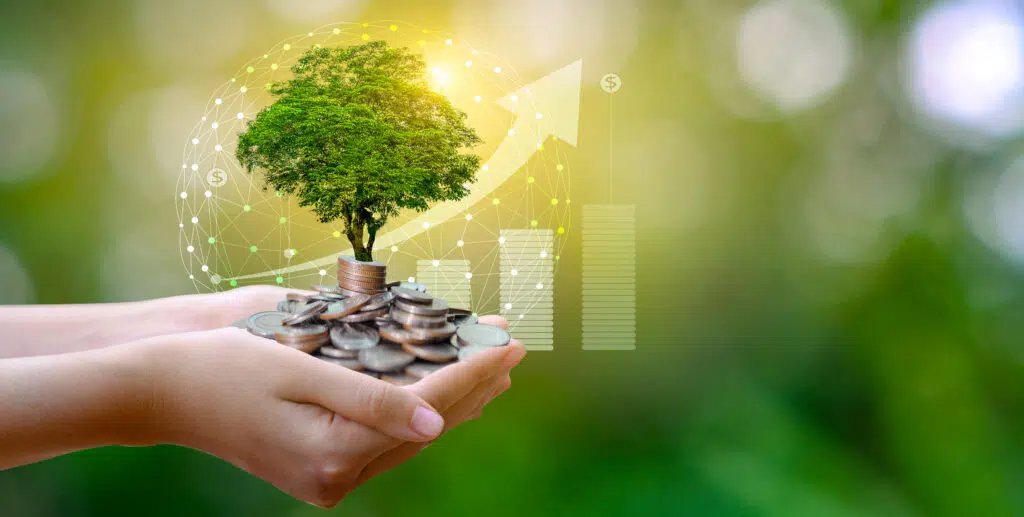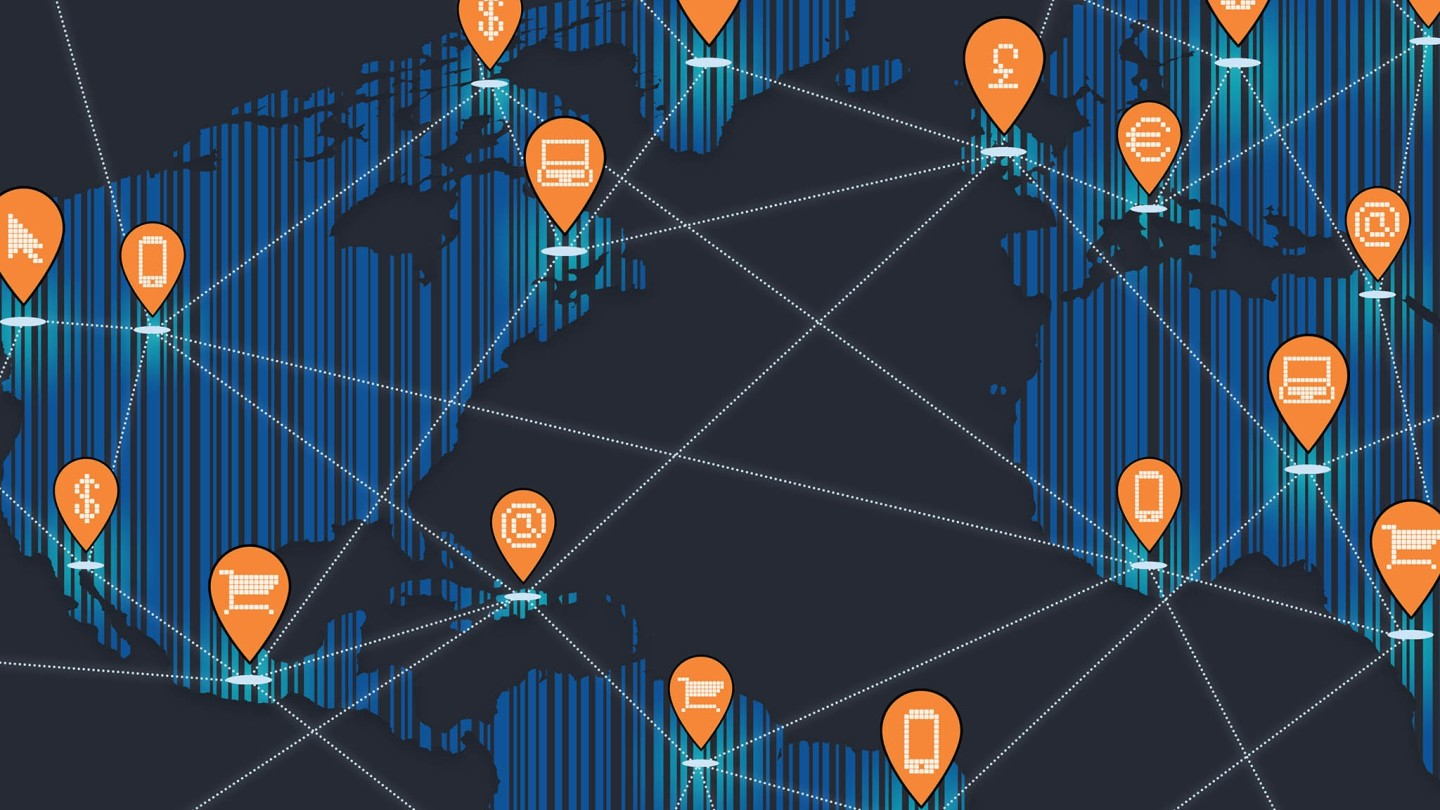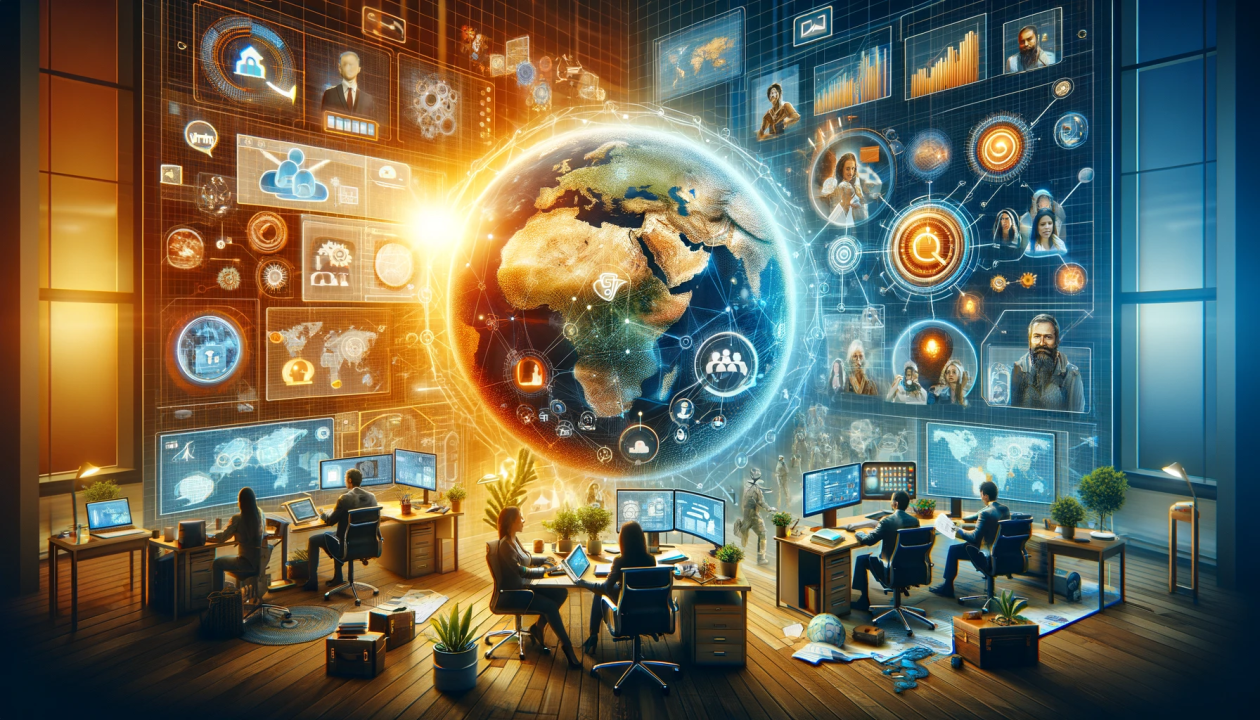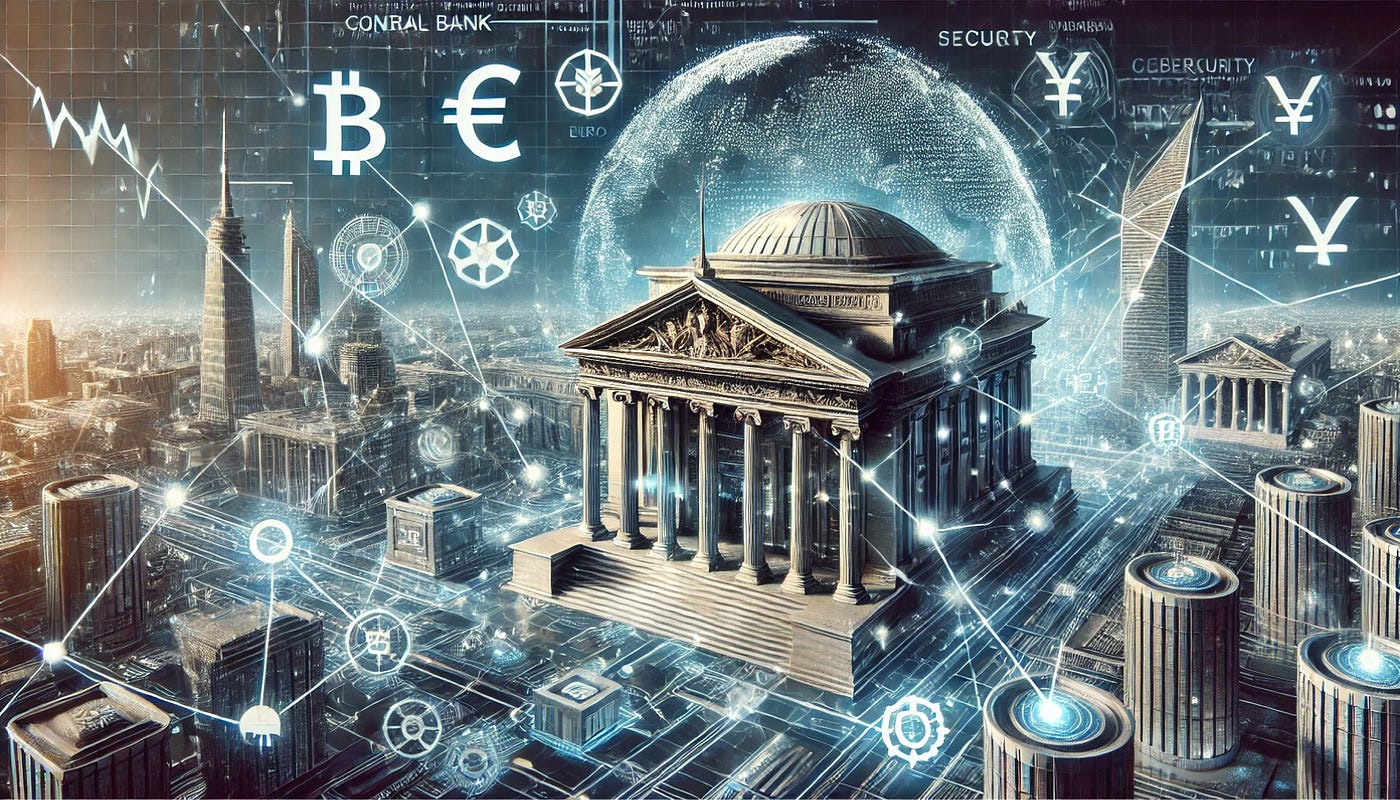The Future of Global Economy: Trends, Challenges, and Opportunities
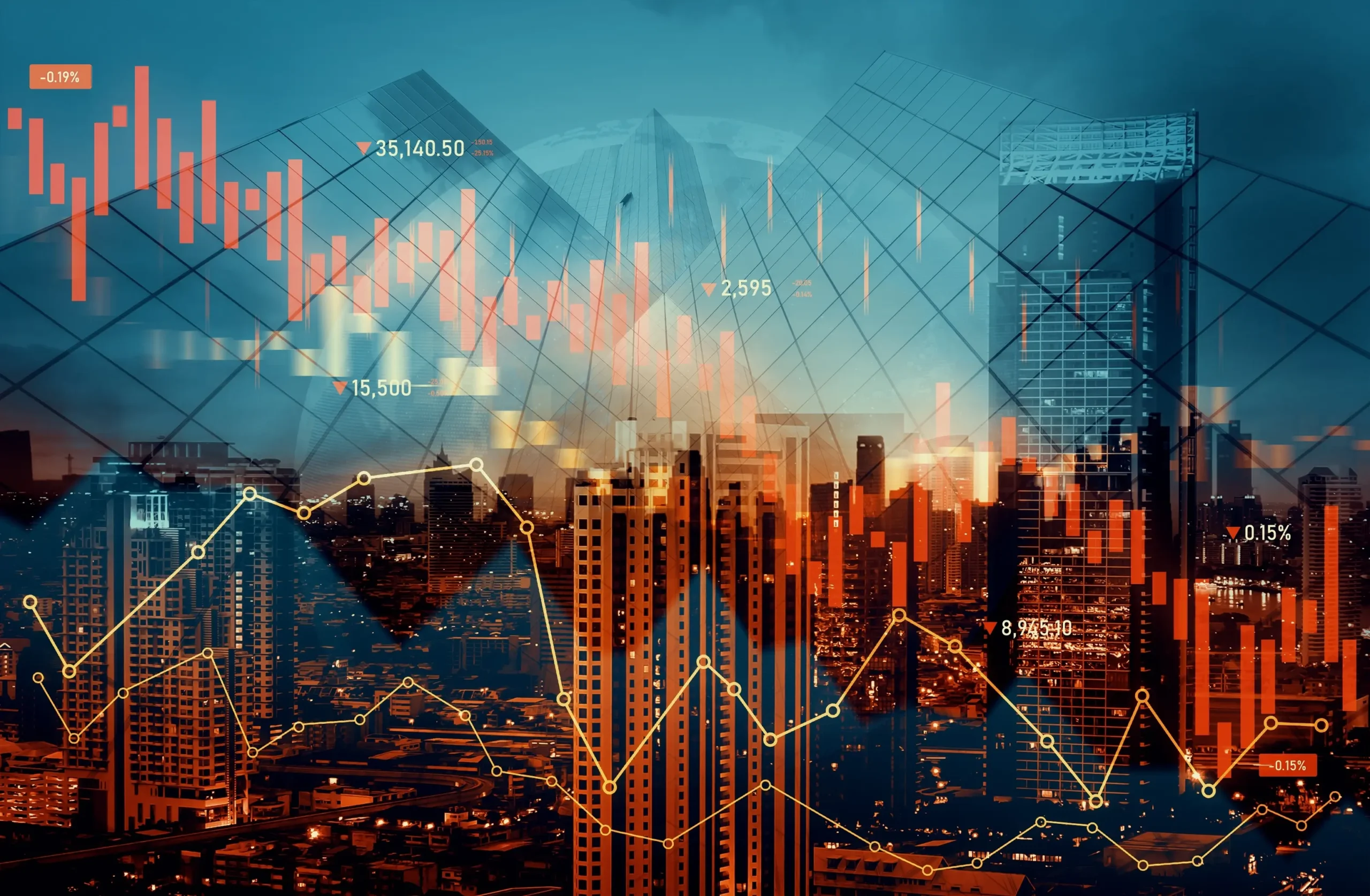
The global economy is an ever-evolving system shaped by a complex interplay of political dynamics, technological advances, environmental changes, and human behavior. As we step further into the 21st century, we find ourselves navigating uncharted waters where economic paradigms are shifting rapidly. The COVID-19 pandemic, geopolitical tensions, energy transitions, inflation surges, and the rise of digital economies are just a few of the factors reshaping how the world does business.
This article explores the current and emerging trends that will define the global economy in the coming years. It also highlights the key challenges and potential opportunities that nations, businesses, and individuals must prepare for in order to thrive in a changing world.
1. The Post-Pandemic Economic Landscape
The COVID-19 pandemic left a profound impact on the global economy. Supply chains were disrupted, labor markets were reshaped, and government spending reached unprecedented levels. In the aftermath, we are witnessing new economic realities:
- Remote Work: The normalization of remote and hybrid work has reshaped labor markets, commercial real estate, and urban development patterns.
- Reshoring and Localization: Companies are reconsidering global supply chains and bringing production closer to home to reduce dependency on foreign suppliers.
- Digital Acceleration: From e-commerce to digital banking, technological adoption accelerated years ahead of expectations.
These shifts offer both threats and opportunities, requiring governments and organizations to rethink their economic strategies.
2. Inflation and Interest Rate Volatility
One of the most pressing issues in recent years has been rising inflation, triggered by stimulus spending, energy shortages, and supply-chain constraints. Central banks, particularly the Federal Reserve and European Central Bank, have responded with aggressive interest rate hikes.
Higher interest rates impact borrowing costs, housing markets, consumer spending, and debt repayment. For emerging economies, the risk is more acute, as they face capital outflows and currency depreciation. Looking ahead:
- We may enter a period of prolonged “stagflation” — slow growth combined with high inflation.
- Central banks will face the delicate task of balancing inflation control without choking economic recovery.
- Investors are shifting toward safer assets and alternative investments like gold and cryptocurrency.
3. Energy Transition and Green Economy
The world is undergoing a massive transition from fossil fuels to renewable energy. This shift is driven by climate change, technological advancement, and regulatory pressure. Major economies, including the EU, China, and the U.S., have committed to net-zero carbon emissions targets.
The economic implications are vast:
- Green Jobs: Clean energy industries are creating millions of new employment opportunities globally.
- Disruption in Oil & Gas: Traditional energy sectors are under pressure, facing stranded assets and fluctuating demand.
- Carbon Pricing: Markets for carbon credits are expanding, influencing industrial decisions and investments.
While the green transition presents enormous opportunities for innovation and growth, it also poses risks for economies heavily reliant on fossil fuel exports.
4. Geopolitical Uncertainty and Economic Fragmentation
Geopolitical tensions—whether between the U.S. and China, the Russia-Ukraine conflict, or instability in the Middle East—are deeply intertwined with economic outcomes. Sanctions, tariffs, and export controls are now standard tools in international disputes, affecting global trade patterns.
This has led to:
- Economic Fragmentation: A shift away from globalization toward regionalism and economic blocs.
- Supply Chain Decoupling: Nations seeking independence in critical sectors like semiconductors, medicine, and food.
- Military Spending: Increased defense budgets are diverting resources from development projects.
For businesses and investors, geopolitical analysis is now a fundamental component of risk management and decision-making.
5. Rise of the Digital Economy and Fintech
The digital revolution is rewriting economic rules. From blockchain technology to digital currencies, innovation in finance and commerce is accelerating. Key developments include:
- Cryptocurrency: Digital assets like Bitcoin and Ethereum challenge traditional monetary systems, though regulation remains a concern.
- Central Bank Digital Currencies (CBDCs): Over 100 countries are exploring CBDCs to modernize payment systems and strengthen monetary control.
- Decentralized Finance (DeFi): Blockchain-based financial platforms are removing intermediaries and enabling peer-to-peer lending, trading, and investing.
- Digital Payment Systems: Services like Apple Pay, PayPal, and WeChat Pay dominate in different regions, pushing toward cashless societies.
Digital finance opens access to the unbanked and underbanked, especially in developing nations. However, it also raises regulatory, security, and privacy concerns that must be addressed globally.
6. Labor Market Transformation
The global labor market is experiencing a profound transformation due to demographic shifts, automation, and changing worker expectations. Here are some critical trends:
- Aging Populations: Developed economies like Japan and much of Europe are facing labor shortages due to aging workforces.
- Automation and AI: Machines are replacing humans in repetitive tasks, but also creating demand for high-skill jobs in data science, robotics, and software engineering.
- Gig Economy: Freelance and contract work is growing rapidly, challenging traditional labor protections and benefits systems.
Governments and institutions must invest in education, reskilling, and inclusive policies to ensure that people are not left behind in the new economy.
7. Income Inequality and Wealth Concentration
While globalization and technological growth have lifted millions out of poverty, they have also led to greater inequality. A small number of individuals and corporations control an increasingly disproportionate share of global wealth.
The consequences of inequality are vast:
- Lower social mobility and consumer spending.
- Greater political polarization and social unrest.
- Challenges to democracy and governance.
Economic policies that promote fair taxation, inclusive growth, and equal access to education and healthcare will be essential to mitigate these disparities.
8. Emerging Markets and the New Economic Powerhouses
As traditional economic giants face saturation and demographic decline, emerging markets are gaining momentum. Countries like India, Indonesia, Nigeria, and Vietnam are poised for rapid growth due to their young populations, growing middle class, and digital adoption.
Key advantages include:
- Demographic Dividend: A youthful workforce drives consumption and innovation.
- Urbanization: Rapid infrastructure development spurs job creation and investment.
- Global Outsourcing: Businesses are increasingly shifting services and production to cost-effective emerging markets.
However, political stability, education systems, and governance quality will determine how well these nations capitalize on their potential.
9. ESG and Corporate Responsibility
Environmental, Social, and Governance (ESG) standards are no longer niche concerns—they are now central to investment decisions and corporate strategies. Stakeholders are demanding that companies contribute to sustainability, equality, and ethical governance.
- Investors are using ESG scores to guide portfolio decisions.
- Consumers are choosing brands that reflect their values.
- Regulators are increasing disclosure requirements and enforcing sustainability mandates.
Companies that fail to adapt risk losing both capital and customers. On the other hand, those that embrace ESG can gain competitive advantages and long-term resilience.
10. The Role of Global Institutions
Organizations like the International Monetary Fund (IMF), World Bank, World Trade Organization (WTO), and the United Nations continue to play crucial roles in stabilizing the global economy. However, their effectiveness is being tested in an era of rising nationalism and economic fragmentation.
Reforms may be necessary to ensure that these institutions remain relevant and inclusive. Better cooperation, representation of developing economies, and updated mandates can help align global economic governance with 21st-century realities.
Conclusion: Navigating the New Economic Era
The future of the global economy is being shaped by interconnected forces—from climate change and technology to demographic transitions and geopolitical realignments. While these forces present numerous challenges, they also open the door to innovation, growth, and a more inclusive global order.
Governments must act boldly and cooperatively. Businesses must be agile and socially responsible. Individuals must embrace lifelong learning and adaptability. With strategic vision and global solidarity, we can build an economy that works not just for the few, but for the many.
The next decade will be defined by those who can anticipate change and lead with resilience. Are we ready to shape the economy of the future—or will we be shaped by it?
